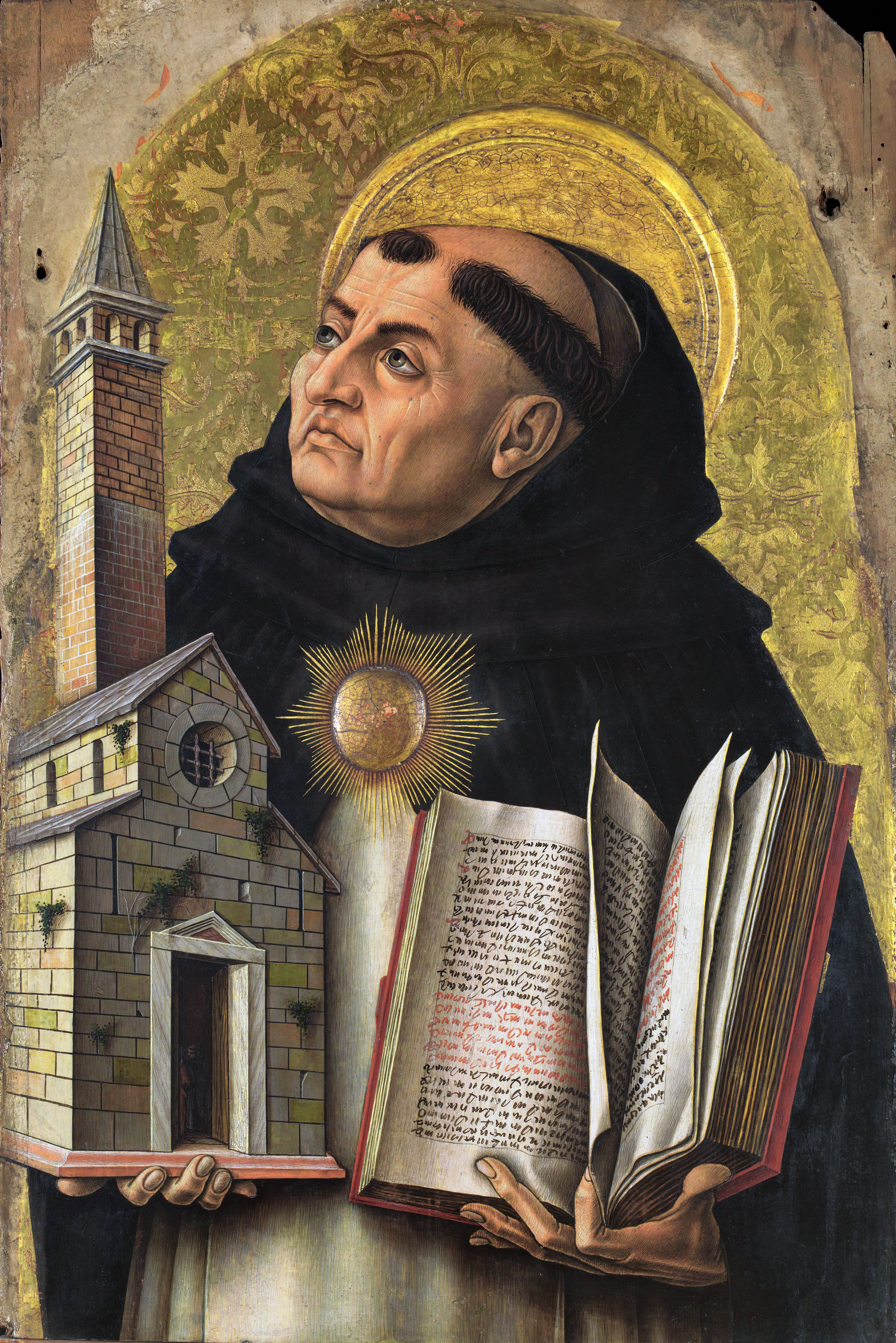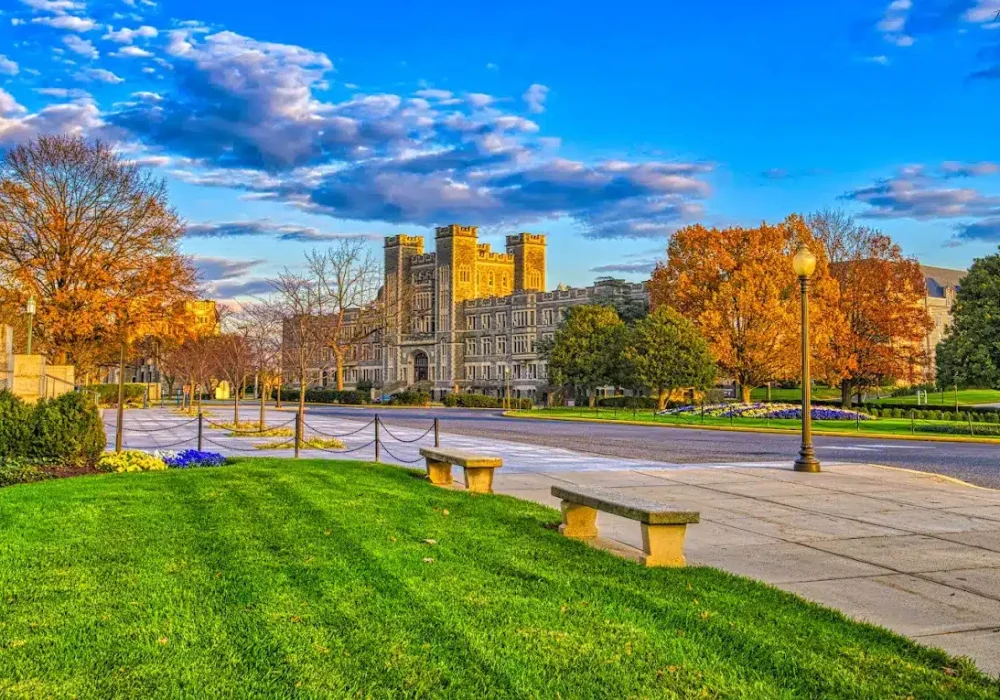OTHER PROGRAMS

Presented by the Veritas Forum at MIT
ARE WE TOO BUSY TO CARE?
Thursday, March 12, 7 - 8:30 PM
MIT Media Lab (E14), 6th Floor
Prof. Desirée Plata (MIT Civil & Environmental Engineering)
Prof. Cullen Buie (MIT Mechanical & Biological Engineering)
Join Prof. Desirée Plata (MIT Civil & Environmental Engineering) and Prof. Cullen Buie (MIT Mechanical & Biological Engineering) in a discussion about what it means to care about our work and the people around us, amidst the busyness of everyday life. Afterwards, you are invited to continue the conversation in small groups over free dinner.

Presented by the Center for Theology and Ethics in Catholic Health and the Institute of Liberal Arts at Boston College
AI ETHICS IN CATHOLIC HEALTH CONFERENCE
Friday, March 20, 4 - 6 PM
Saturday, March 21, 9 AM - 5 PM
Boston College
Keynote Speaker: Monsignor Renzo Pegoraro (President of the Pontifical Academy for Life)
The Center for Theology and Ethics in Catholic Health is holding a conference, "Artificial Intelligence, Authentic Mercy: Navigating AI Ethics in Catholic Health,” at Boston College, March 20-21, 2026. The conference will bring together physicians, nurses, healthcare administrators, biomedical engineers, technologists, theologians and ethicists to explore the opportunities and challenges presented by AI in Catholic healthcare settings. The goal of the conference is to ethically analyze AI in healthcare through the lens of Catholic moral teaching and theological ethics.

Presented by the Thomistic Institute
NATURAL THEOLOGY AFTER HEIDEGGER, DERRIDA, AND MARION
Wednesday, March 25, 7 PM
Location TBA, Harvard University
Prof. Joseph Trabbic (Ave Maria University)
Dr. Trabbic is an associate professor of philosophy at Ave Maria University in Florida where he has taught since 2006. His areas of interest include metaphysics, moral philosophy, philosophy of religion, the relationship between religion and politics, Aquinas, Heidegger, and postmodern philosophy. He has published articles on these topics in various academic and popular journals.

CATHOLIC SOCIAL THOUGHT IN BUSINESS EDUCATION
June 16 - 19
Catholic University of America
David Cloutier (Notre Dame)
Msgr. Martin Schlag (University of St. Thomas)
Nicholas Schmitz (CUA)
Andreas Widmer (CUA)
During the seminar, graduate students and faculty members in business schools will cover foundational principles in Catholic social thought and apply them to their own field of research and teaching.
This seminar will be open to graduate students and faculty of any specialization in business schools.


